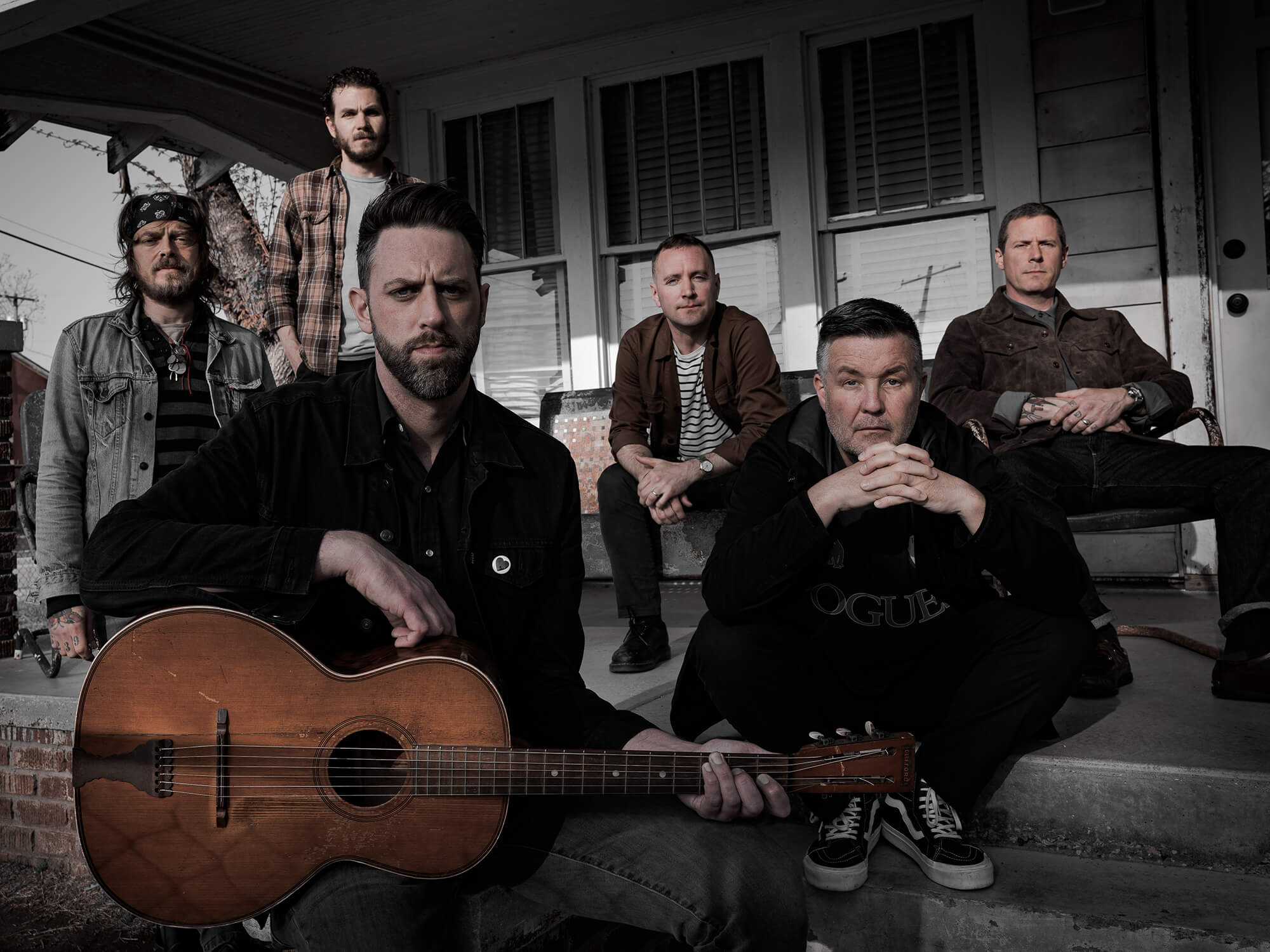Dropkick Murphys: Unyielding in the Wake of Political Discord
The Dropkick Murphys take a stand, reminding us of punk's authentic voice against political and cultural co-optation.

In the ever-evolving dance of art and politics, punk has always thrived on its sharp edges and defiant beats—tearing through the complacency of the mainstream with an authenticity that's raw and visceral. And now, as the Dropkick Murphys draw a determined line in the sand, we witness a poignant reminder of the power in staying true to one's convictions.
The Stage as a Battleground
The backdrop is the Punk in the Park festival, a once-revered space for unapologetic voices and insurgent sounds. But the festivity encountered a discordant note; the revelation that festival organizer Cameron Collins had donated to Donald Trump's campaign struck a dissonant chord for the Dropkick Murphys. It was a moment of political revelation, the kind that beckons bands like the Murphys to wield the microphone as a weapon of truth.

Ken Casey, the voice that roars through the band's unapologetic anthems, seized the stage not just to perform, but to speak out—his words a stark counterpoint to the notion that the far right could ever usurp the mantle of punk. "The far right ain't the new punk," he declared, rightfully reclaiming the spirit of rebellion that’s as old as punk itself.
Resisting the Commodification of Rebellion
This isn't just about a singular donation. It's a battle for the soul of punk—a genre that was birthed from defiance, from the resistance against being co-opted by the very structures it sought to dismantle. The Dropkick Murphys know this intimately, embodying the spirit of Irish resistance in every riff and lyric. Their decision to boycott future festivals organized by Brew Ha Ha Productions isn't some fashionable stance—it's a call to arms against the dilution of punk's potent legacy.

In stepping away from Punk in the Park, the band underscores the necessity of vigilance. Punk, in its true essence, is about challenging norms, pushing boundaries, and never allowing its culture to be sanitized for profit or politics.
Beyond the Chords and Choruses
For those who long for music that does more than just entertain, the Dropkick Murphys' stand resonates profoundly. It's a reminder that art, when wielded with intention, can be a potent force for change—a megaphone for the marginalized, a mirror reflecting society's injustices, a rallying cry for the forgotten punk ethos.

Yet, some might question whether their stance excessively romanticizes rebellion—their decision serves as fodder for debates about the commercialization of dissent. Are they gatekeeping the genre, or merely trying to ensure that its roots remain undisturbed by the encroachment of political pandering?
As they continue their tour alongside bands like Bad Religion, the Murphys reaffirm their commitment to authenticity and rebellion, not just in their music but in every decision they make. It's a testament to the enduring power of punk: raw, unyielding, and ever watchful.
In a world where the mainstream often seeks to polish away the jagged edges of real rebellion, the Dropkick Murphys stand defiantly. They remind us that even now, when the lines between counterculture and the mainstream blur, there's still the somewhat obstinate insistence on what forms true rock.
In essence, while the Murphys' stand might appear to some as an insistence on an almost purist vision, it's this very intransigence that punctuates their grand narrative. And the world is richer for it, whether one agrees with their stance or not.




